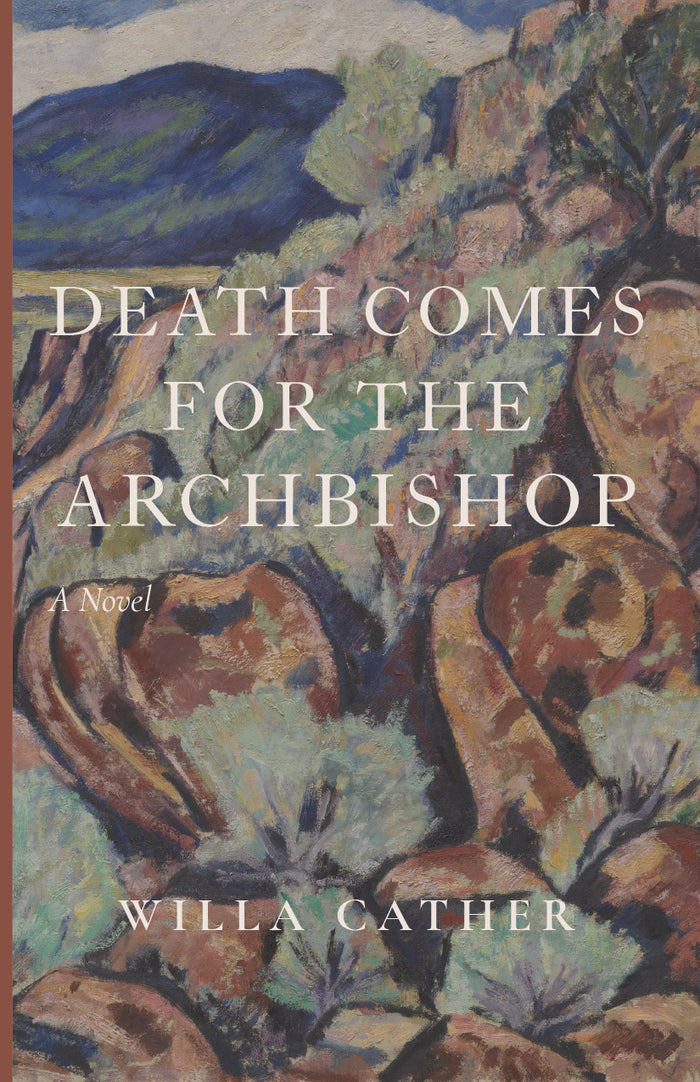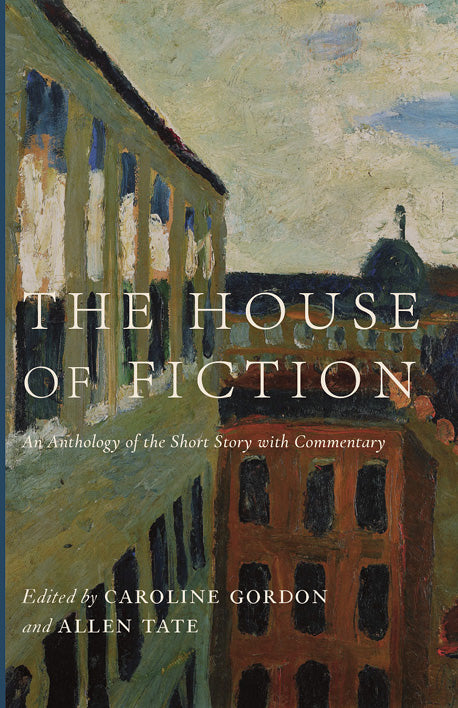Promote the tradition. Preserve the past.
Cluny’s un-official slogan is: “Of the making of many books there is no end.”

Our publishing philosophy is simple: A book, from cover to cover, should be an artifact, a work of art. Because our business is primarily to take the old and make it new, this philosophy demands a particular, careful process. Unlike the facsimile “republications” of other, similarly motivated publishers, Cluny editions are restorations. The restorative spirit especially animates the production and design elements of the publishing process.

This book is not only beautiful but it’s full of thought provoking stories that are often not shared in anthologies. I particularly love the commentary at the end which really highlights the author’s techniques, themes, and points.
From the Cluny website: Edited by Caroline Gordon & Allen Tate
A good work of fiction, Caroline Gordon remarks in How to Read a Novel, is the competent fashioning of a story “out of the intangible, mysterious stuff of life.” The House of Fiction, edited by Gordon and Allen Tate, is an anthology of short stories collected in the effusive light of that principle. Fiction is a craft; as such, they write, it has its “secrets of technique which not only appear in the works of all the masters of the craft but which have been handed down from master to master throughout the ages.” Each of the twenty-three stories in this volume illustrates the various ways that those techniques can be (or ought not to be) employed, in the medium of the short story, in the pursuit of the art’s final end. Most of these stories carry Commentaries to facilitate recognition of those techniques and their effects in a given story. Concluding the anthology is a brilliant Appendix of “Notes on Fictional Techniques,” presenting the basic methods of the craft as well as the main faults of its inexperienced or impetuous practitioners.
The House of Fiction has in short not one window, but a million… (Henry James)
With its impressive array of stories, The House of Fiction powerfully displays the “vast front” of fiction’s domicile. Its “windows” include the works of—among others—Edgar Allan Poe and Henry James; James Joyce and Franz Kafka; Stephen Crane and D. H. Lawrence; Katherine Anne Porter and William Faulkner; Truman Capote and Ernest Hemingway; and J. F. Powers and Flannery O’Connor.
* * *
Caroline Gordon (1895–1981) and Allen Tate (1899–1979) were American literary critics and a novelist and poet, respectively. Married in 1925, they both became Roman Catholics. Their literary contributions earned each of them prominent places in the Southern Renaissance; Robert Penn Warren praised Gordon for “enriching our literature uniquely” and T. S. Eliot recognized Tate, in his time, as one of America’s best poets.
I recently placed my first order with Cluny media for these classics published books and anthologies; I am so thrilled with the quality and beauty of the texts. I’m working my way through House of Fiction and Dry Wood. I love supporting this publishing group with a thoughtful mission.